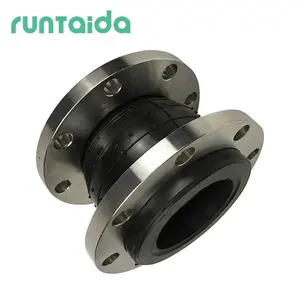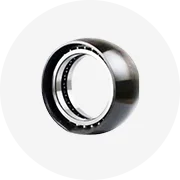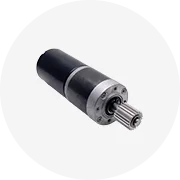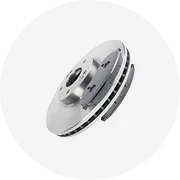

Camlock Coupling Hot Sale Hydraulic Flexible Pipe Fitting Quick Connector Type E Stainless Steel 316/304 Camlock Coupling


Rubber Bellows Expansion Joint Flanged Connector Coupling Pipeline Bellows Compensator EPDM Flexible Rubber Expansion Joint














The gibault joint flexible coupling is an integral component in various mechanical systems, designed to connect two shafts while accommodating misalignment and reducing stress on shafts. These couplings are pivotal in applications requiring precision alignment and torque transmission.
Diverse types of flexible couplings are available, each suited to specific applications. Materials range from robust steel to corrosion-resistant stainless steel and versatile polymeric compounds, ensuring durability and compatibility with different industrial environments.
Gibault joint flexible couplings are utilized across numerous sectors, including hydraulic systems and motor connections. Their design features allow for angular, lateral, and axial misalignment correction, which is essential for the smooth operation of rotating equipment.
Magnetic shaft couplings, a subset within this category, offer reduced part-to-part contact, which can extend the operational lifespan of machinery. Their ease of installation and maintenance is a significant advantage for industries prioritizing uptime and efficiency.
While rigid shaft coupling components are ideal for scenarios where shaft alignment is maintained, the flexible motor coupling variants cater to systems where some degree of flexibility is necessary. Both types play crucial roles in the stability and functionality of mechanical assemblies.
Selecting the appropriate shaft coupling involves considering factors such as torque requirements, misalignment tolerances, and environmental conditions. The right coupling ensures seamless power transmission and reduced wear and tear on machinery components.